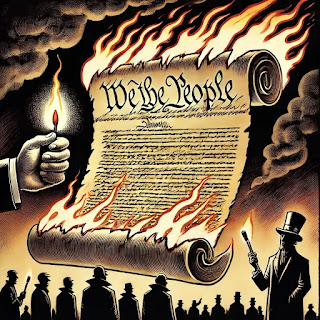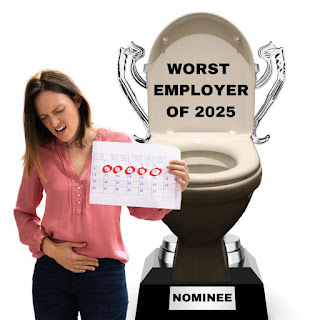"The Government's arguments … threaten to upend fundamental protections in our Constitution. But ours is not an autocracy; it is a system of checks and balances. Our Founders recognized that the concentration of power in one branch of government would spell disaster."
So wrote Judge Sparkle L. Sooknanan of the United States District Court for the District of Columbia, in her order granting summary judgment in favor of Susan Tsui Grundmann and restoring her to her position as one of the three members of the Federal Labor Relations Authority. On February 10, 2025, President Trump had abruptly terminated her without explanation, notice, or a hearing, and termination which Judge Sooknanan concluded was unlawful and in violation of the FLRA's enabling statute.
If you want to follow the status of all of the lawsuits currently pending against Donald Trump and his administration, check out Just Security's Litigation Tracker. If you're keeping track at home, As of yesterday, 119 lawsuits (and counting) have been filed against the current Trump administration challenging its actions. Trump has lost most thus far.
Here's what I read this week that you should read, too.




















.jpg)
.jpg)



























